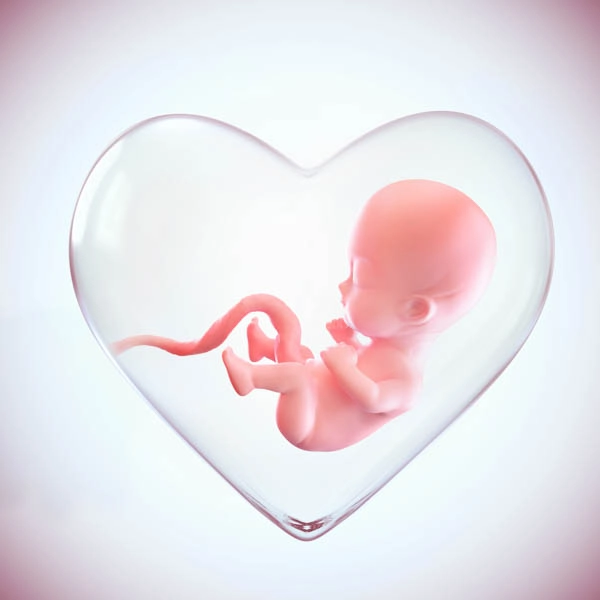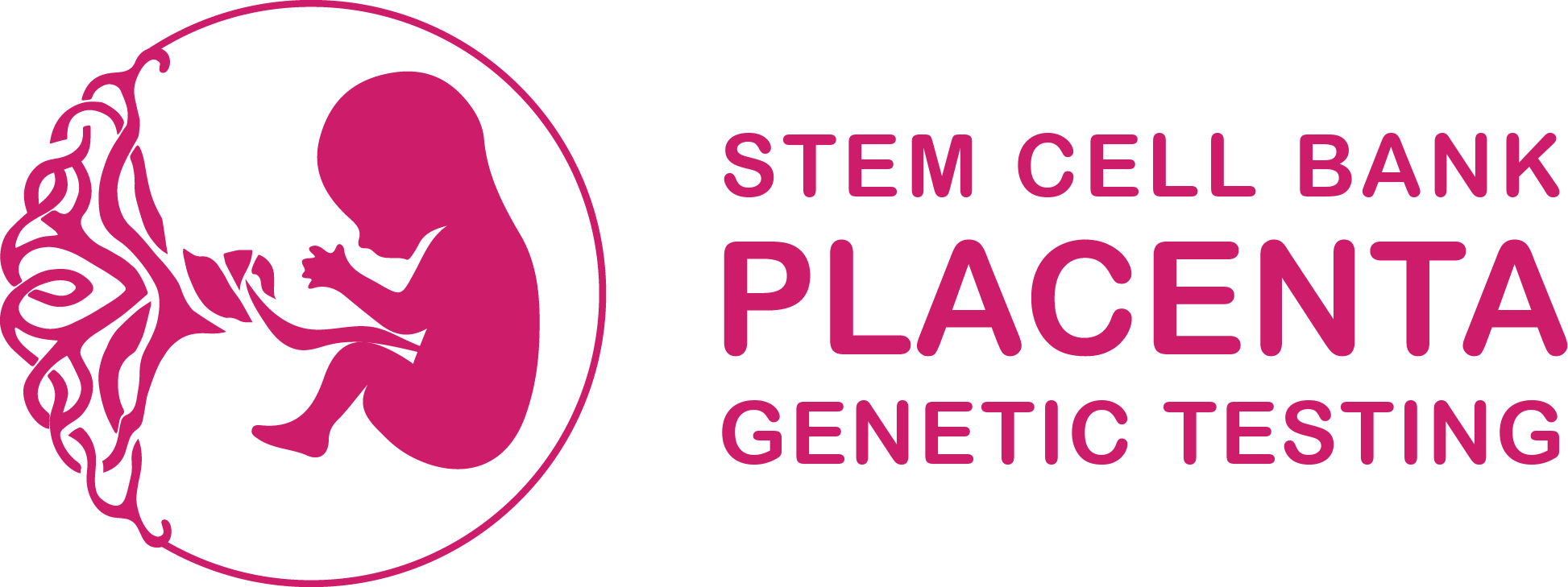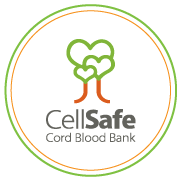FamiBlog
Ectopic pregnancy - symptoms and procedure
An ectopic pregnancy can have serious consequences. Therefore, its timely detection is extremely important. The symptoms of an ectopic pregnancy are initially very similar to those of a normal pregnancy. Find out how an ectopic pregnancy progresses and how it is treated.

14 March 2023
Ectopic pregnancy - Causes
An ectopic pregnancy, also known as an ectopic, is a pregnancy with an abnormal location. It most commonly develops in the base of the fallopian tube, but can also implant in other parts of the fallopian tube, the ovary, the abdominal cavity or the cervix. Any position outside the uterine cavity prevents the normal development of the pregnancy and carries the risk of serious complications.
The most common causes of ectopic pregnancy include, for example, defects in the structure of the uterus, previous surgery on the reproductive organ or endometriosis. Women with previous ectopic pregnancies and women who have had pelvic inflammatory disease (PID) also have a higher risk of developing an ectopic pregnancy. In addition, the likelihood of an ectopic pregnancy increases in women who use an IUD or a single-phase hormonal contraceptive.
Ectopic pregnancy - symptoms
The symptoms of an ectopic pregnancy are similar to those of a normal pregnancy in the uterine cavity. The most common symptom is the absence of menstruation. In addition, women report pain and tenderness of the breasts, mood swings and excessive sensitivity to tastes or smells. Other symptoms include spotting or abdominal pain, which is especially worse if the ectopic pregnancy has occurred. Shock symptoms such as pale skin, fainting or palpitations also occur.
It is also characteristic that no pregnancy follicle with an embryo in the uterine cavity can be seen on ultrasound examination despite a high concentration of beta-hcg in the woman's blood. A lesion visible on ultrasound in the ovarian or fallopian tube region can also be a symptom of an ectopic pregnancy developing there.
Ectopic pregnancy - treatment
If an ectopic pregnancy occurs, the most important thing is to recognise it in time. If the gynaecologist cannot detect a pregnancy in the uterine cavity despite a high concentration of beta-HCG in the woman's blood, he should describe the situation as a pregnancy of unknown location. In some cases it is difficult to make an ectopic pregnancy visible on ultrasound. The mere fact that the ectopic pregnancy is not in the uterus and the beta-hcg levels are rising is a reason to take the woman to hospital. If an ectopic pregnancy is suspected, the first treatment measure is medication. If the pregnancy is more advanced or the woman is in poor health, surgery is required, in most cases laparoscopic surgery. If the pregnancy is in the fallopian tube, removal of the fallopian tube may be necessary.
Ectopic pregnancy - complications
An ectopic pregnancy is a condition that threatens a woman's health and even her life. It is impossible for an embryo and later a foetus to develop properly outside the uterine cavity. If an ectopic pregnancy is not diagnosed in time, the pregnancy can rupture and the woman can go into shock, which can even lead to death. A complication of ectopic pregnancy can also be the loss of the fallopian tube. This in turn can (but does not have to) lead to problems in a future pregnancy.
Sie interessieren sich auch für:
Intimate infections during pregnancy
Many expectant mothers struggle with the annoying symptoms of intimate infections during...
Sore throat during pregnancy
A sore throat is a relatively common condition that also affects pregnant women. However, not all...
Eating raw meat during pregnancy
During pregnancy, the expectant mother has many desires. But not all of them can be freely...
Stem cells and cord blood
Bone marrow was the primary source of stem cells (bone marrow transplantation involves...































